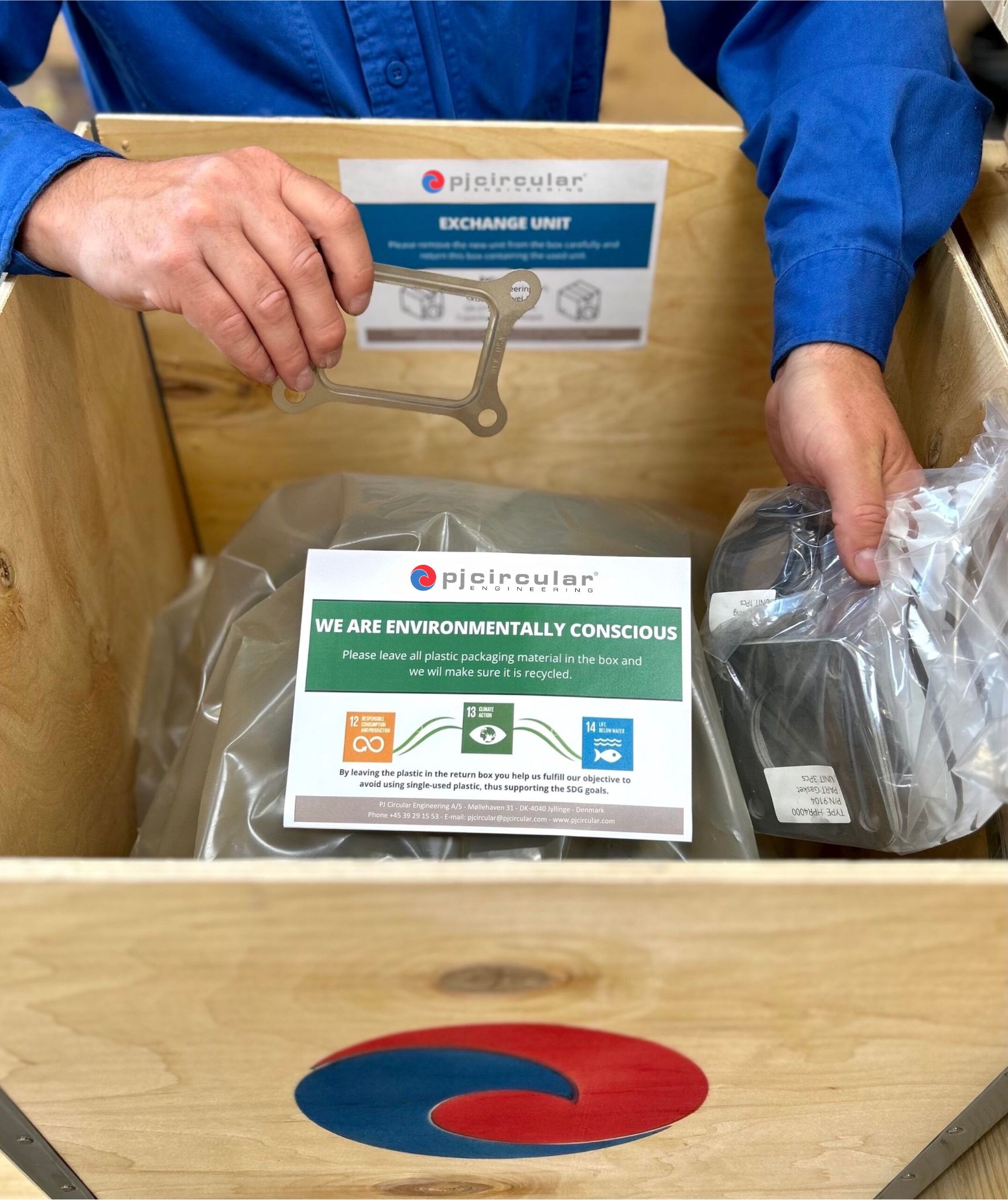
Remanufacturing is one of the most effective ways to cut carbon emissions in the heavy manufacturing and maritime industry. PJ Circular Engineering (PJCE), formerly PJ Diesel Engineering, embodies this shift. After rebranding to reflect their commitment to circularity, the company now lives up to its name by proving that extending the life of components like turbochargers, governors, and cylinder heads, reduces the need for new materials and prevents waste.
But as climate regulations tighten and customers scrutinize sustainability claims, remanufacturers are under growing pressure to document their impact with data. Saying your solution is "circular" is no longer enough, you need to prove exactly how much carbon you’re helping customers avoid.
Many remanufacturers are already delivering environmental benefits. Yet without verified data:
This is especially critical for maritime customers, who face growing pressure to cut Scope 3 emissions and report them under frameworks like the GHG (greenhouse gas) Protocol, CSRD (Corporate Sustainability Reporting Directive) and EU Taxonomy for sustianable activites.
Remanufacturers who can quantify carbon savings stand out to customers:
Example: PJ Circular Engineering partnered with ReFlow to verify the carbon savings of its remanufactured components. Climate assessments revealed that remanufacturing an axial-type turbocharger over a 20-year vessel lifespan cuts emissions by more than 80%, avoiding 465,000+ kg CO₂eq compared to new units. Similar assessments showed significant reductions for radial-type turbochargers, governors, and cylinder heads.
-%20One-page.jpg)
These numbers didn’t just validate PJCE’s circulairty claims they validated their new name. They can now confidently market themselves as a circular engineering company, backed by credible, regulatory-aligned carbon data.
The solution isn’t guesswork, it’s Product Carbon Footprint (PCF) analysis.
At ReFlow, we work with remanufacturers like PJCE to:
This makes it easy to showcase your climate impact in proposals, customer conversations, and compliance reporting.
Climate reporting rules and sustainability-linked procurement requirements are accelerating. Customers will increasingly favor suppliers who can help them meet Scope 3 targets. Verified data isn’t just a nice-to-have, it’s a differentiator that can help you win more business.
If you’re a manufacturer in the heavy manufacturing or maritime industry, now is the time to make your climate impact measurable.
Talk to ReFlow about getting a verified climate assessment of your components.